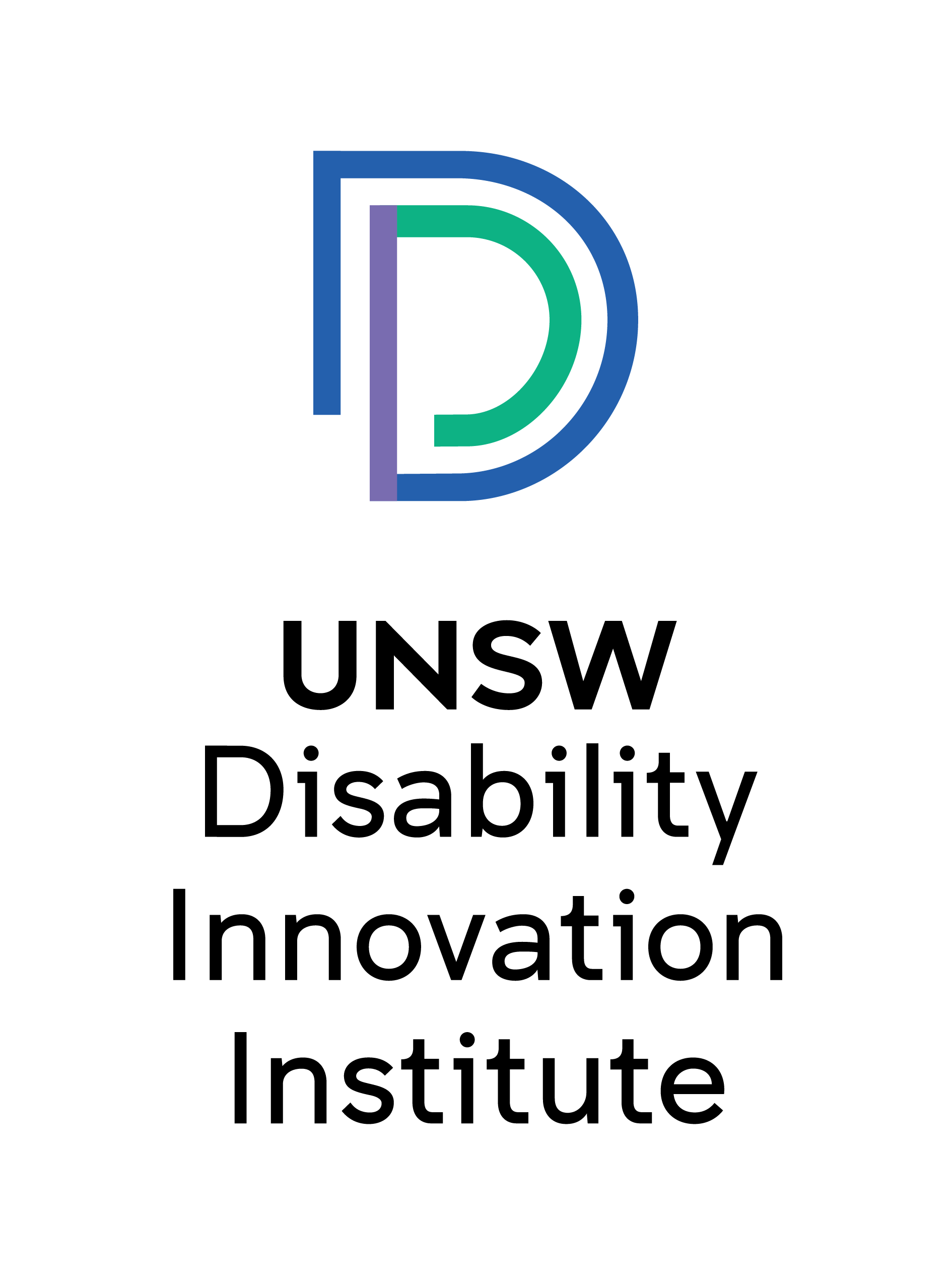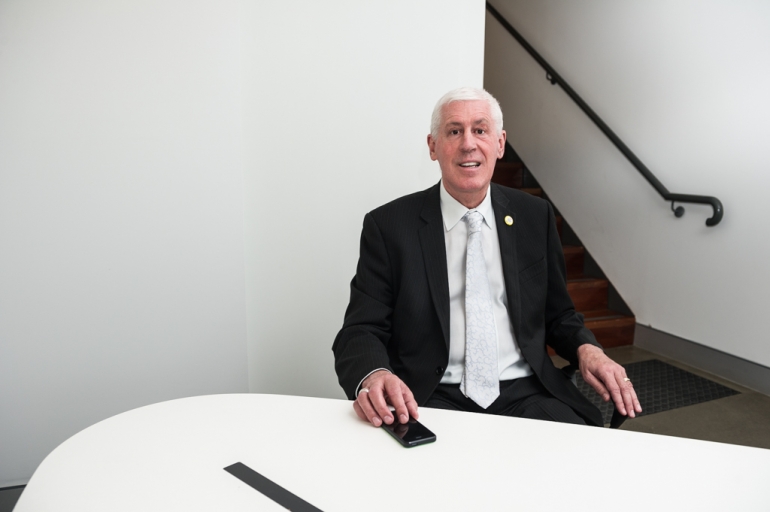Graeme, you were appointed as Chair of the UNSW Disability Innovation Institute's Advisory Council in late 2018. Can you tell us a bit about the Council's role at UNSW?
We advise the Institute on its activities and areas of research, and provide links into the disability sector. All members of the Council are people with disabilities who are well linked into the sector.
What sort of advice has the Council provided to the Institute over the last several years?
We have provided advice in a range of areas during my time as Chair. This includes commenting on various research projects, particularly in the area of including people with disabilities as researchers when designing and carrying out research. We have also assisted with possible funding opportunities, and utilised our knowledge of the disability sector to support the work of the Director and staff.
More broadly, you have been a disability advocate for many years, including being Australia's Disability Discrimination Commissioner for 9 years. What has been the highlight of your advocacy work? Any disappointments that you'd like to share?
During my role as an advocate, two of the major triumphs with which I have been involved were the passage of the Disability Discrimination Act (DDA) in 1992, and the development of the Convention on the Rights of People with Disabilities adopted at the United Nations in 2006. The DDA has prompted spending of millions of dollars throughout Australia to make our transport and infrastructure far more accessible, and allowed for much greater participation in the Australian community by people with disabilities. The Convention has played a similar role throughout the world. Sadly, the DDA has made little difference to the level of employment of people with disabilities, which sits 30 percent below that of the general community, and this is one of my greatest disappointments. Closing this gap would provide significant social and economic benefit for people with disabilites.
A focus for the Institute is building the capacity of UNSW researchers to do more inclusive research. What is one thing that UNSW could do to support this goal?
The University could do a number of things in this area, but my first recommendation would be to set a target of 15 percent of its staff being people with disabilities, plan realistic ways to reach this target, and commit resources to this plan. It should then make the steps towards this target as Key Performance Indicators (KPIs) for its senior leaders, and link their bonus payments to the KPIs. As well as achieving the benefits referred to above, this action would also move the University towards more inclusive research.
Finally, what is your perspective on the impact of COVID on people with disability?
The disempowerment and vulnerability of people with disabilities has become far more stark during the COVID pandemic. History will record, to Australia's shame, the way we have been neglected during the vaccine rollout, how segregation in workplaces and where we live has put us at greater risk, and how – when we were at our most vulnerable because of lack of Federal Government support in these areas – the National Disability Insurance Scheme, which supports the most disadvantaged 10 percent of our sector, was placed under huge threat by proposed government restrictive policies. The Federal Government has lost the trust of people with disabilities, and it will be a long time before this damage can be undone.


